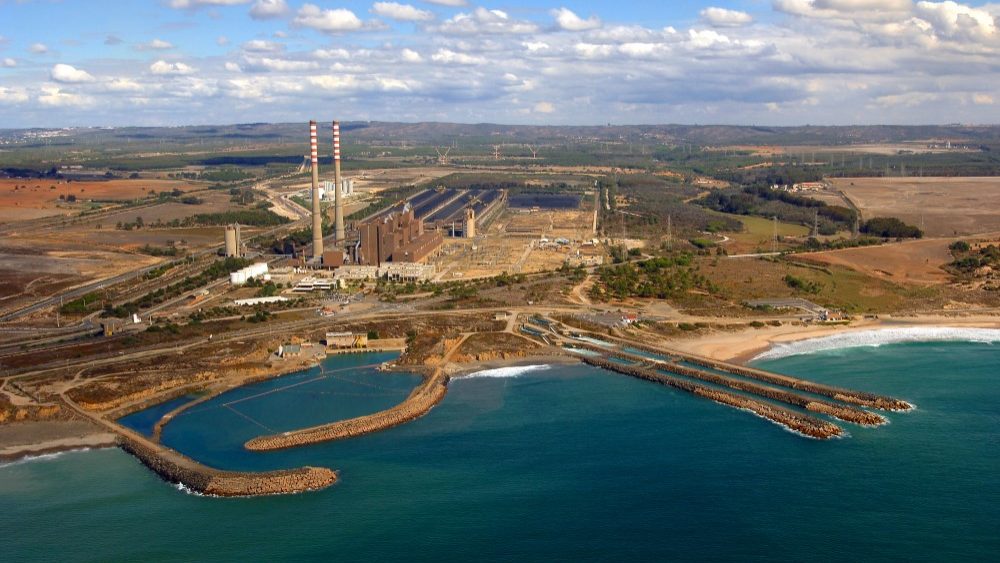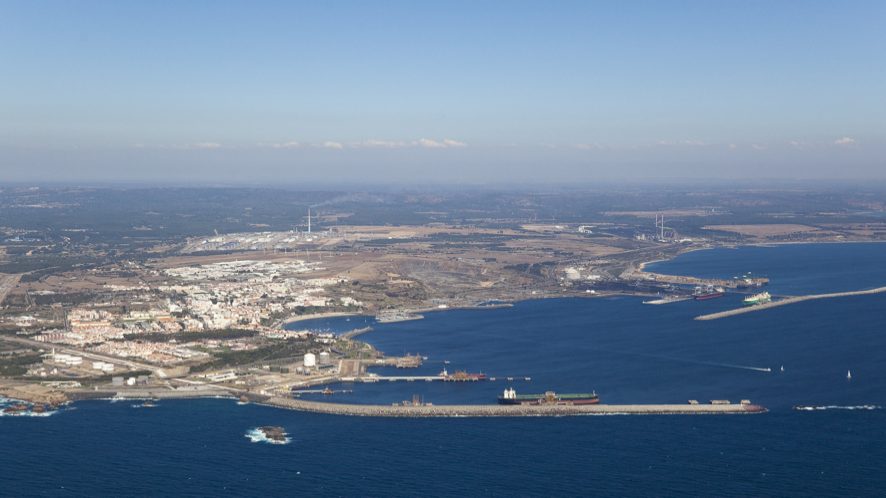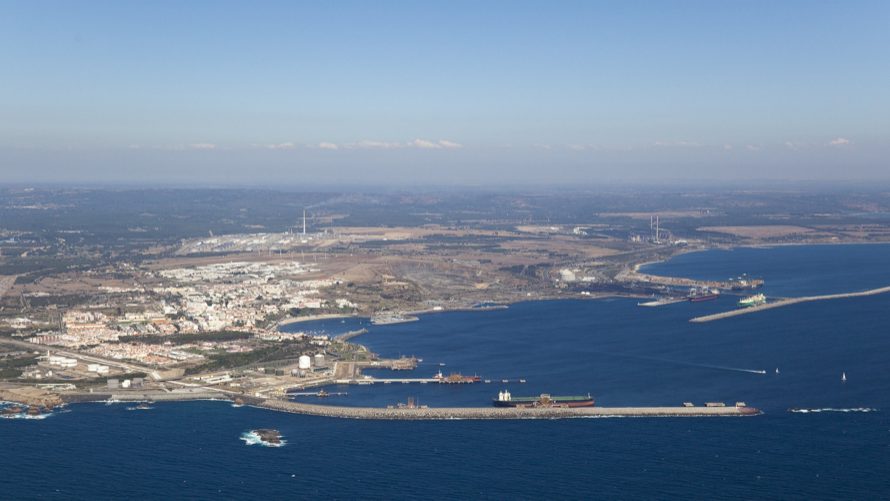Investment of €8B planned for Sines is example of virtues
The cycle of private business investment adds up to "almost 3,000 direct jobs" and "almost eight billion euros of investment".
Portugal’s secretary of state for internationalisation, Bernardo Ivo Cruz, has said that the cycle of investments planned for the port of Sines (in the Setúbal region), amounting to eight billion euros, is “an example of virtues” in economic, environmental and technological terms.
“Sines, at this moment, is an example of virtues. It is an example of economic virtues, it is an example of environmental virtues, it is an example of technological virtues, it is an example of virtues of combating desertification in the interior of Portugal,” he told Lusa news agency.
On the sidelines of a visit he made to the Sines port, logistics and industrial complex on Monday, where investments of 8 billion euros are planned, the minister said that job creation and combating desertification are other effects of “internationalisation and attracting foreign investment”.
“There is another effect of this internationalisation and this attraction of foreign investment that comes to regions outside large urban centres, which is to anchor people to the land, create jobs and also combat desertification in areas of the country that were more deserted,” he said.
For Bernardo Ivo Cruz, “the companies that have set up in Sines represent millions of euros of investment, thousands of qualified jobs and are also particularly concerned with the people who were already here” and who “are being trained and prepared to be able to work in this new economy”.
The cycle of private business investment adds up to “almost 3,000 direct jobs” and “almost eight billion euros of investment,” the minister specified.
“They are all companies that have concerns about their social impact,” and “they all have concerns about their environmental impact and today any sector, particularly the private sector, besides having economic growth, has to be aware of the impact it has on society and the environment,” he stressed.
After a visit to the EDP Produção Sines Thermoelectric Power Plant, where he was informed about the decommissioning process of the coal-fired power plant and the future GreenH2Atlantic green hydrogen project, the governor revealed that the promoters “are optimistic”.
“It’s a large investment, it’s an investment that has a set of challenges, but the promoters are optimistic and say they are on schedule, they are moving forward,” he revealed.
And reinforced that green hydrogen “is one of the energies of the future” and that “with these investments and with this new science” the country is “moving towards the day” when it will no longer be an energy importer but can “be self-sufficient and eventually an energy exporter”.
For the minister, an example of this is the “renewable gas connection” between Portugal, Spain and France, which will be extended to Germany.
This connection, he argued, “will allow Portugal to be part of the energy export chain to the centre of Europe.
“And this is completely new in our history, we never exported energy, we always imported energy and now we will enter the wonderful world of energy exporters, in our case, renewable energy,” he concluded.
The visit included the Sines Petrochemical Complex, of Repsol Polímeros, where the “Alba” project is underway, with the construction of a polyethylene plant and another for polypropylene, essential for self-supply and development of national industry and the construction work of one of the largest green Data Centres in Europe, developed by Start Campus.
The minister also visited Galp’s Sines refinery where an industrial project based on the production of green hydrogen is being implemented and met with the Sines and Algarve Port Authority about the expansion of Terminal XXI and the prospect of launching this year the international tender for the new Vasco da Gama Terminal.



